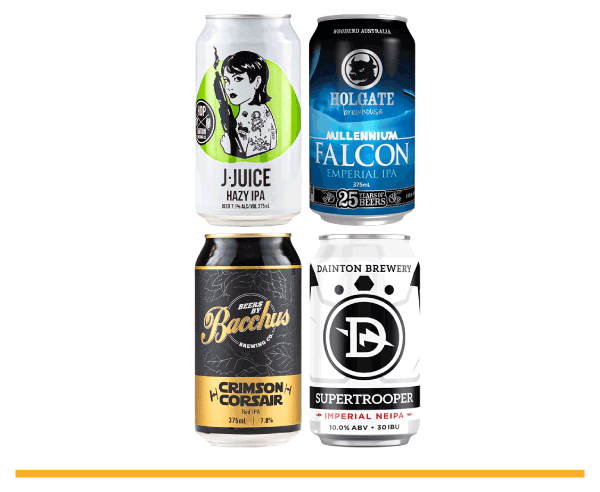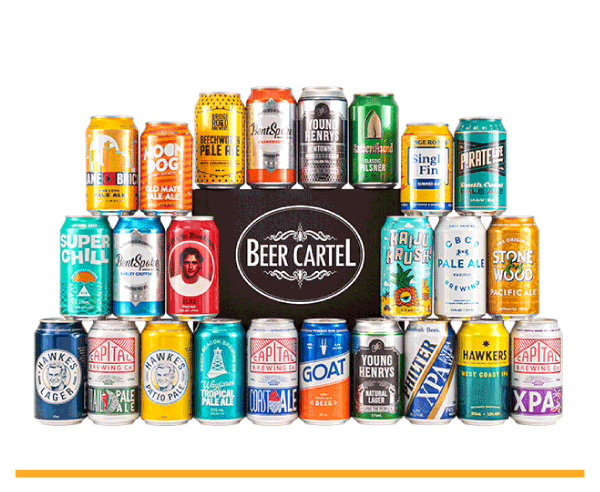Hops & Craft Beer
5th Feb 2015
Hops are the staple of every beer you’ve ever tried, they add flavour and aroma, while also preserving beer. They typically impart a bitter flavour, though the flavour profile of hops is massive. Adjectives to describe the flavour profile of different hop varieties include; citrus, spicy, flowery, woody, earthy, herbal and piney.
Hops are the female flower of the plant, HumulusLupulus and consist of pinecone-like flowers typically about 3-4 centimetres in size. They are grown on enormous trellises reaching up to 6 metres in height. When used in brewing they are typically dried first, however, the use of wet (fresh) hops in brewing is not uncommon during the hop harvesting season.
It is the hop resin from the hop flower, extracted during the boil, which is used in beer. The resin is made up of two main acids; alpha and beta acids. Alpha acids have a mild antibiotic effect, imparting flavour to the beer, while also supporting the exclusive activity of brewing yeast in the fermentation of beer. Beta acids in contrast have a negligible effect on taste, instead contributing to a beer’s aroma.
Hop production is concentrated to moist temperate climates, with Germany and the United States the chief growers. Over the past decade there have been a multitude of new variants that have seen commercial success, particularly in the United States, and New Zealand, two countries where the growth of craft beer has really taken off. Each of these new varietals has one or more highly redeeming features; in the US new hop varieties tend to focus on becoming more resinous, aromaticand bitter. In New Zealand they tend to be more tropical both in flavour and aroma, with a lower comparative bitterness.
Some varieties are in such demand that there have been Worldwide shortages. For the major breweries this has left them relatively unaffected, as they enter into forward contracts each year to guarantee their supply. For little brewers, the limited supply, or massively increased market price, has at times resulted in a change of a beers recipe, with another hop variety used as a substitute.

 Loading... Please wait...
Loading... Please wait...

